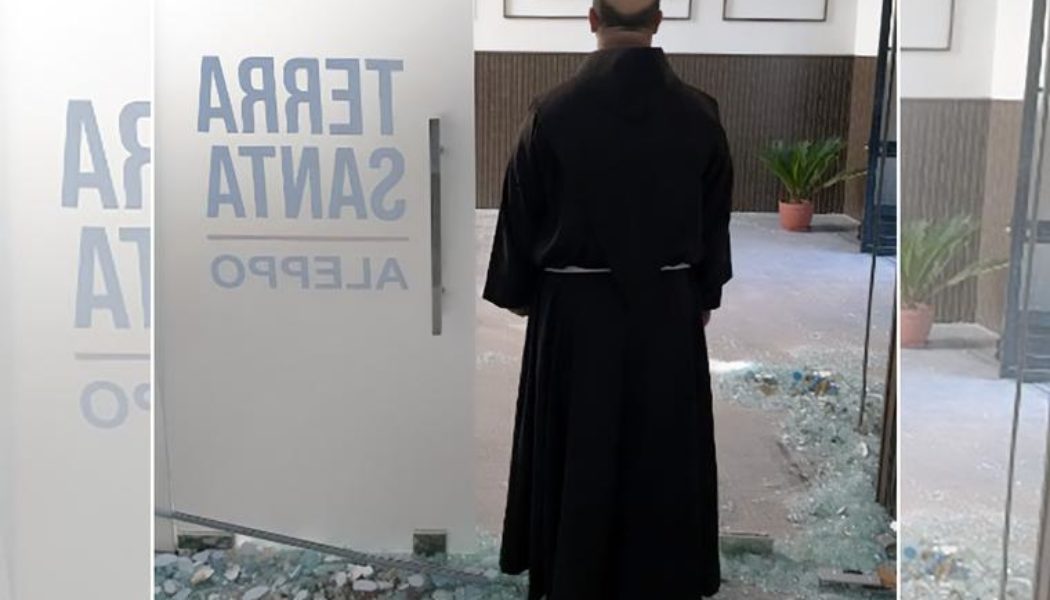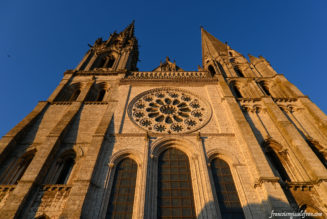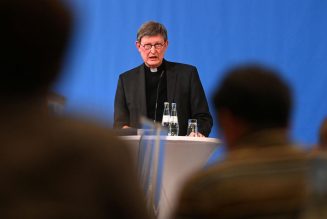
COMMENTARY: Syrian Salafi Jihadist rebels are gaining territory at a breakneck pace, leaving many unanswered questions in their wake about the possibly far-reaching consequences of regime change.
We’ve seen the images before: long lines of ragged, heavily armed, bearded men entering a city whose defenses have seemingly collapsed like a house of cards. It happened in Afghanistan twice, most recently in 2021. It happened in some cities in Iraq in 2014. It is now happening in Syria.
But Syria is not Afghanistan. It is a Mediterranean country, a nation with a Sunni Muslim Arab majority, but important Kurdish and Christian minorities. It is the land of the Street Called Straight; of Ananias, who restored the sight of St. Paul; of St. John of Damascus, the last of the Church Fathers. Five popes were from Byzantine Syria. Damascus was also, for a century, the capital of an Islamic empire stretching from Spain to Central Asia.
Less than two weeks ago, Syrian Salafi Jihadist rebels burst out of the small northwest corner of the country where they had been confined by the brutal Assad regime for years. The rebels, with new tactics, weapons and unity, shockingly seized Syria’s second city, Aleppo, with more than 2 million inhabitants, in four days. It had taken the forces of Assad, aided by Russian airpower and Iranian and Iraqi militias four years to take back the rebel-held half of the city (2012-2016). After taking Aleppo, the rebels moved south and easily took, in turn, the fourth- and third-largest cities in the country, Hama and Homs.
This is the latest, possibly the last, stage in the Syrian Civil War, waged with increasing brutality from all sides since 2011. The goal was and remains to remove the Assad family (father and son) from power they’ve held for more than 50 years. That war dragged everyone in: The Americans and Arab Gulf states funded rebel forces for years; Russia, Iran and the terrorist group Hezbollah helped Assad. By 2020, it looked like President Bashar al-Assad had won at the cost of 600,000 dead, a destroyed country, and about 7 million Syrian refugees. But the war never ended and without direct foreign help — Russia, Iran and Hezbollah were busy with other wars elsewhere — the Syrian Arab Army was revealed to be a hollow shell.
Assad portrayed himself, and was feted by some in the West and among online keyboard warriors, as the “defender of Christians.” But the reality was more complicated. The regime played on the legitimate fears of Syrian Christians of falling into the hands of Islamic extremists. But it was Assad the father who waged war against Lebanese Christians, at one point using the largest mortars ever made, 240mm Russian monsters, against the civilian population of Christian East Beirut. Both father and son assassinated Christian leaders in Lebanon (including two presidents-elect) who dared challenge them. And Bashar al-Assad would transport thousands of foreign Jihadists from Damascus Airport to the Iraqi border where they were unleashed to slaughter Iraqi Christians, other Iraqis, and, of course, Americans.
Right now, writing on Dec. 6 at the end of another day of dizzying developments in Syria, there are more questions than answers.
Aleppo, once one of the most important centers of Middle Eastern Christianity, has already fallen into rebel hands. But the city’s Christian population is only about 20,000 — 10% of what it was in 2011. The rebels have repeatedly sought to reassure the remaining Christians, and churches, property and even Christmas trees in public spaces are still untouched. The greatest damage to the Christians in Aleppo to date has been from a Russian or Assad airstrike (the rebels have no airplanes), which hit a Franciscan-run school. There were even credible rumors that the Islamist rebels had offered to make the Latin Apostolic Vicar of Aleppo, Bishop Hanna Jallouf, governor of Aleppo. But many Christians are scared, wary and traumatized. As one young mother told ACIMENA, “I grew up here. The streets took a part of my heart. Every time I think about leaving Aleppo, I become more attached to it. But I have become afraid that we will be bought and sold again.”
As the rebels moved south, they took Christian enclaves, like the once fiercely defended Greek Orthodox and Melkite Catholic town of Mhardeh, almost without firing a shot on Dec. 5, as part of a deal with local defenders. But Christians legitimately ask what kind of future they may have under the new regime, led by a man who was once part of the Islamic State, then of al-Qaeda, before breaking with them. These rebels did indeed moderate their treatment of minorities, including Christians, in the territory they ruled over the past five years. But can the leopard truly change his spots? What kind of Islamic regime will this be tomorrow?
And not only Christians are questioning the future. Is the rebel triumph the end of war in Syria or merely the beginning of the next round of conflict? Can order and a functioning state be built upon the rubble of 60 years of kleptocratic tyranny? Will Israel go from confronting a weak Iranian puppet on its northern border to facing off against an aggressive Sunni Muslim Jihadist adversary in Syria?
Assad’s fall would also be a defeat for Iran and Russia. It could fatally weaken Hezbollah in Lebanon, which could well give Lebanese Christians some much-needed breathing space.
And there are still American troops in Syria supporting secular/leftist Kurdish rebels, who were key allies in fighting the terrorists of the Islamic State — terrorists who still lurk in Syria’s wilderness, and who may see opportunity in the growing chaos. Millions of Syrian refugees who fled may now contemplate returning home (or may be pushed out of where they are) while millions of others, including regime figures with blood on their hands, could now flee.
The astonishing events of recent days, still unraveling, will certainly lead to other dominoes falling, but where and how is anyone’s guess. Some Syrians call their country “the beating heart of Arabism,” but we don’t know if that heart will now skip, or beat for greater evil, or — finally, after a long and bloody interval — beat for good.






